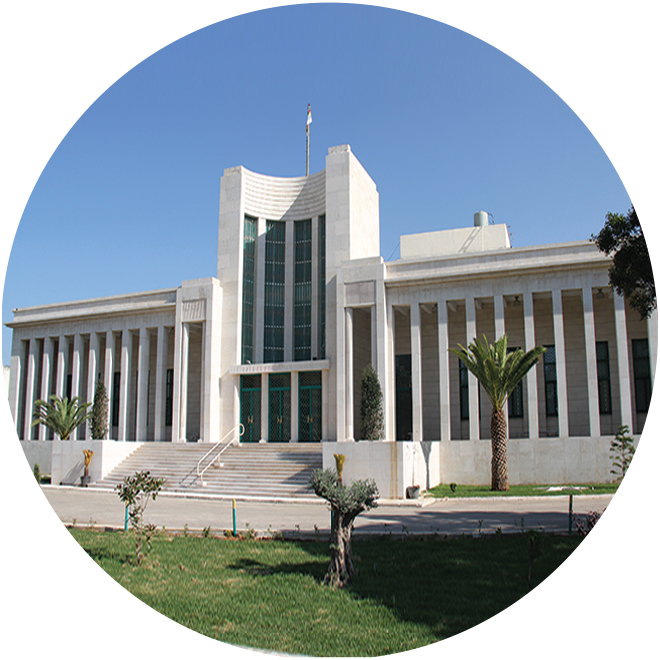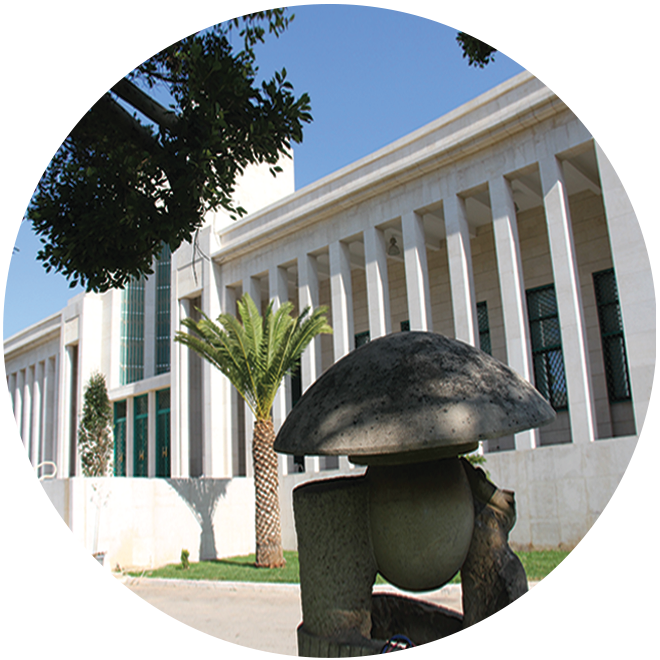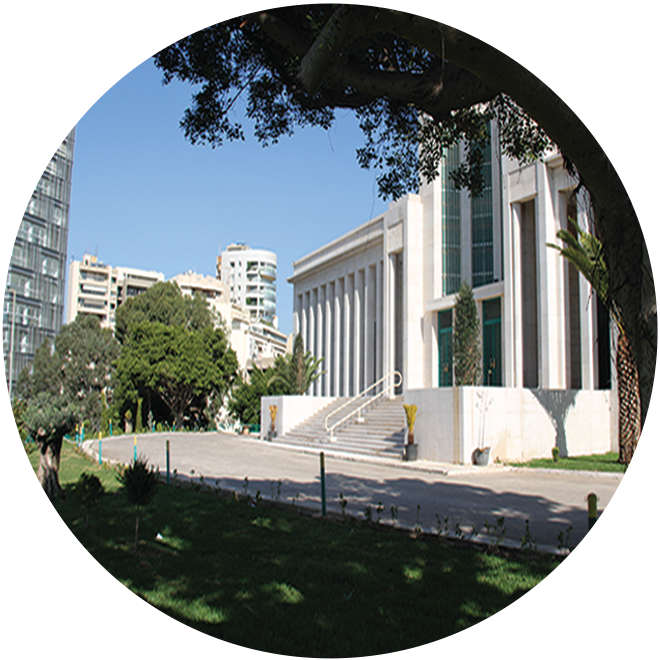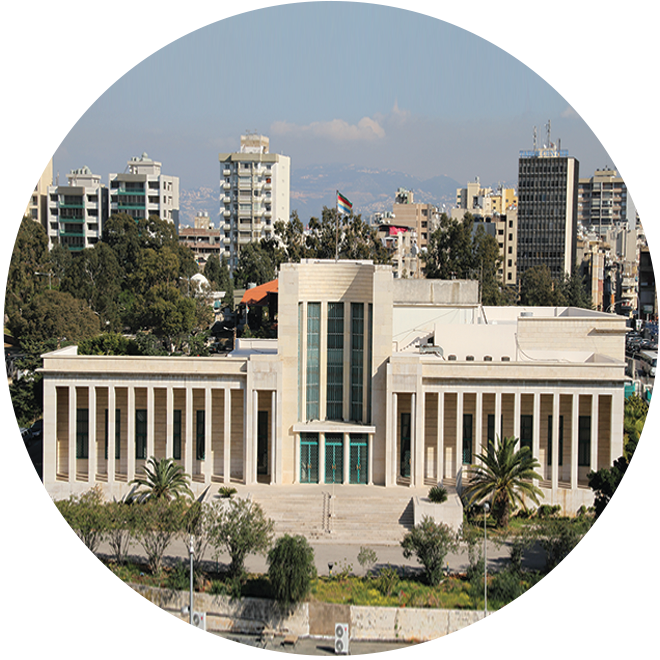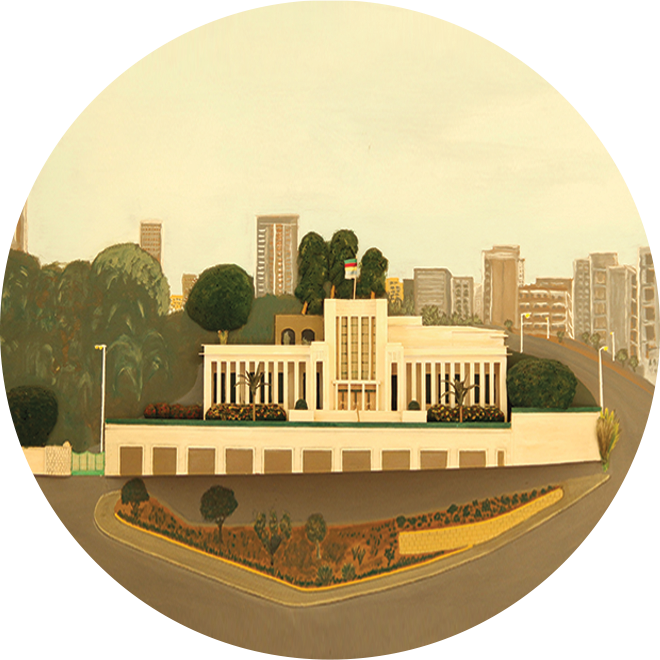2014-05-19
Praise be to God Lord of Mankind, Prayers and Peace be upon the Master of Messengers, His Family and His Companions
The Pope John Paul II had an exceptional personality at different standards. As he had made all his efforts for a religious doctrine that he had lived in all its circumstances, he has appeared to us in our days in one way or another, as a unique humanitarian shinning face. Such an ecumenical personality cannot be forgotten and ignored by the contemporaries. We have to discuss some of his glorious deeds and quotes from the Christian heritage, out of the noblest purposes of the man of God, and which consist in working as per his energy for the “World’s humanization”.
“Carol Josef Wojtyla” was marked by a deep methodological culture that has pivoted around the philosophical question he had devoted himself in order to deepen the issue of “the ethical necessity” and the vitality of its necessity to the human entity in his path toward the realization of his virtue and dignity that can be obtained only by faith. If his journey was enlightened from the priesthood to the episcopacy until it reaches later on the Head of the Church and what it symbolizes in the Catholic doctrine, by this essential link between the distinctive intellectual science and the faith and by other aspects of knowledge and life paths, between the cordial belief and the eye witnessing by which his Beatitude has established the evidence of the “truth” for all that is raised in this world toward relativity, history, materialism, dissoluteness, and … sophistication, the great thing that marks this “canonized” is that a large number of “historical” achievements he had made have surpassed in their moral, ethical and humanitarian reflections the frame of the Church as for their connection to the concept of the meant “parish” to the general civilized horizon regarding their significances shown on a general comprehensive humanitarian scale.
The divine will (and undoubtedly the grace) has ordered that he occupy the apostolic position at a vital historical period, he who had previously attended the famous “second gathering of the Vatican” in the beginning of the sixties of the last century. He has handled with perfect conscience in the ecumenical significance the mission of entering the third millennium according to what befits not only what the Romanian diocesan represents and whom he represents, but in particular the humanity in its whole and its spiritual holy presence in this material world which is the human.
The Pope John Paul II has looked at the human entity with the respect provided by the faith through its noble teachings in the significance of the whole right by dignity, freedom and justice. This is an accurate matter for the repercussions that might occur to the real position of the “human rights” in our world as well as its problem and the confusions of its approach. He did not compliment or accommodate others and he did not refrain from saying what he found right wherever were the forums and of all representative levels of regional and international. In this context, it is to mention his positions that anchored and fortified the noble ethical, spiritual and faithful approach in face of the storms of values dissolution (in particular all that threatens the familial wing in its significance lightened by the divine legislation) and the flow of the sense of responsibility under the pressure of suggesting the slogans of liberation from any restriction.
The reign of the Pope John Paul II was marked by a considerable serious activity with wide horizons through workshops at all levels that are meant to achieve the goals of the faith message. It is possible to collect the fruits of what could be called the comprehensive “rise”. A renewed form of the doctrinal Catholic teaching was issued during his reign and it has incorporated a high and valuable balance between the sticking to the core of principles on one side and the revival of the theological vision through explanations in a vital contemporary language. However, the best of that historical issuance is to integrate in the teaching an excessive part in order to solve urgent issues nowadays and that cannot be disregarded in the position of the guiding and illuminating function charged by the Head of the Church. The importance of this part resides in its exposure to some main issues which interest has crossed the “Church Body” to the limits of the comprehensive humanitarian field. Among these issues: the issue of the media role and the way of dealing with it and viewing it as well as its rights and obligations; added to the issue of the laics in the field of faith and their relations; also the issue of the positions toward the other religions, the renewal of the predicted; the issue of dealing with its partisans and the mind-openness to the mutual concepts. We will never forget his initiative to the Fast on the first day of the Holy Ramadan to express the spiritual union with the Muslims as well as his visit to the Umayyad Mosque in Damascus and his insistence on adopting the Islamic traditions in this field, without forgetting the invitation he had sent to the confessions representatives in the World to gather in Assisi for prayers and Fast, seeking peace in the world, added to the issue of the ethical position toward the problematic of the scientific rebellion in the modernized experiences in the field of the natural biological given; also the issue of youth and the importance of having their hearts filled with hope and faith since life cannot be renewed but through them. He was also lucky to meet with the Muslim youth in Casablanca in 1985 where he said: “the future relies on the youth of the entire world. Our world is being divided and it is even exploding!” Indeed, isn’t it true that his words apply to the current globalization? Also the issue of women and the position toward those calling for Woman’s liberation” by warning about the suspicion of slogans and the mature and committed recall for the truths that should not be disregarded if we wanted to preserve our deep and sincere respect to this sensitive human entity. In all the approaches expressed by the texts inserted in this context, there was a high consistence, a united vision and a tight connection with the general ecumenical vision that the Pope John Paul II has preserved until the last spark of life.
The Pope John Paul II has made tours around the world and he has seen many countries and groups, but his image in our minds and memories has remained one image shining with charity and hope. He has remained one voice and having one testimony that was derived from the divine teaching and its vital principles. We cannot forget what he has offered to Lebanon that he visited carrying in his hands a will of hope to that country and it is the certificate of “Apostolic guidance” under the title of “New Hope for Lebanon”. We should admit that in the structure of this text, added to his doctrinal guidance for believers, there is also a deep understanding for our country and wise advices. If only the Lebanese people knew about what he had talked about regarding the coexistence or the integration to that is required by the truths of history and the rise of faith toward the horizons of humanitarian presence that only gives the fruits of charity, virtue, indulgence, creative dialogue and fertile participation. It was also literally mentioned in it “the Muslims and Christians in Lebanon have lived side by side all through long centuries at the times of peace and cooperation and the times of conflict and disputes as well. Therefore, they should find a dialogue that respects the feelings of individuals and different groups as an inevitable path to reach coexistence and build the society”. A true dialogue between the believers of the Great Unitarian Confessions is based on the mutual respect and the serious collective work for the preservation of social justice, ethical values, peace and freedom and their development for all the people”.
The guidance was issued as a conclusion for long months of discussions and consideration of other opinions. What distinguished it and made it similar to a national document was the spirit that formulated, approved and signed it. Now in Lebanon, we should not recall the guidance text without following the significances of the Great canonized, recalling the words of Saint Paul: the soul revives and the word causes to death, but we should feel the great soul that has persevered for years to be achieved and to be fair, virtuous and vital in its approach as for the national life.
By this feeling, we always call the people in Lebanon to ameliorate the acquisition of grace and that their words, intentions and hearts would be united and flown on the real and effective initiative to all that fortifies the spirit of convention without distorting its significances and making it dead, but a spirit that unites us to stick to all that might achieve it since that is how the higher national interest is realized. In fact, if the hearts and intentions are purified, we know then that its constitution resides in the union of the land, people and institutions; in the priority of the real sovereignty, freedom and democracy; in the mutual interactive and positive coexistence and in the condition that the house is not divided into many houses, but to be united within one family to be Lebanon.
That is what we are seeking and what is convened by the spiritual and political vision of the Druze Unitarian Community.
Beirut, on May 19, 2014









